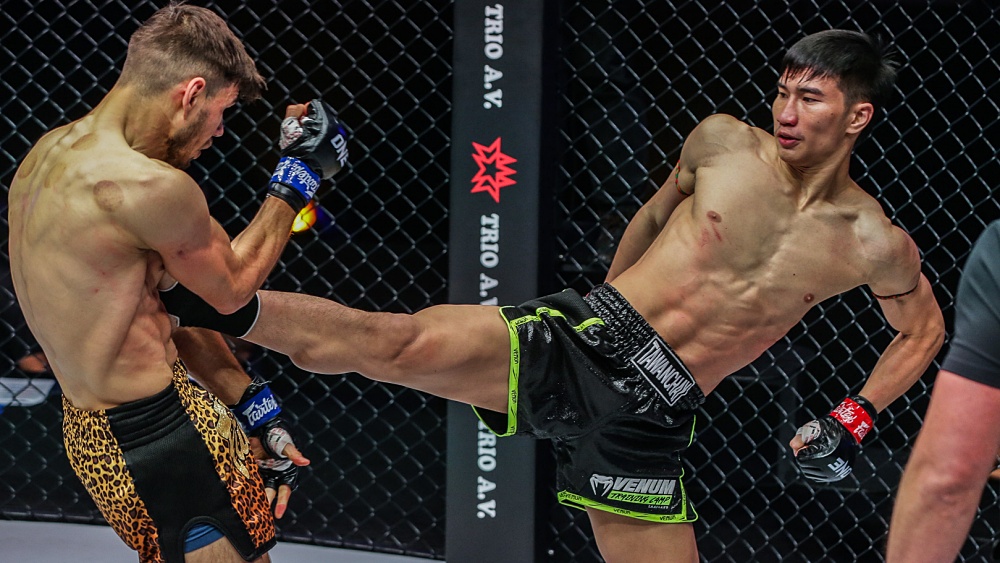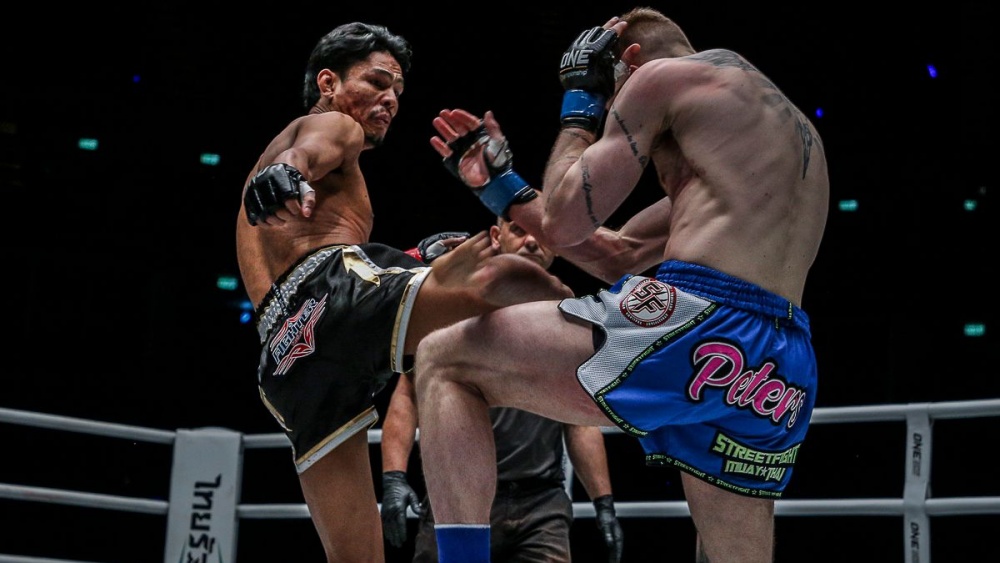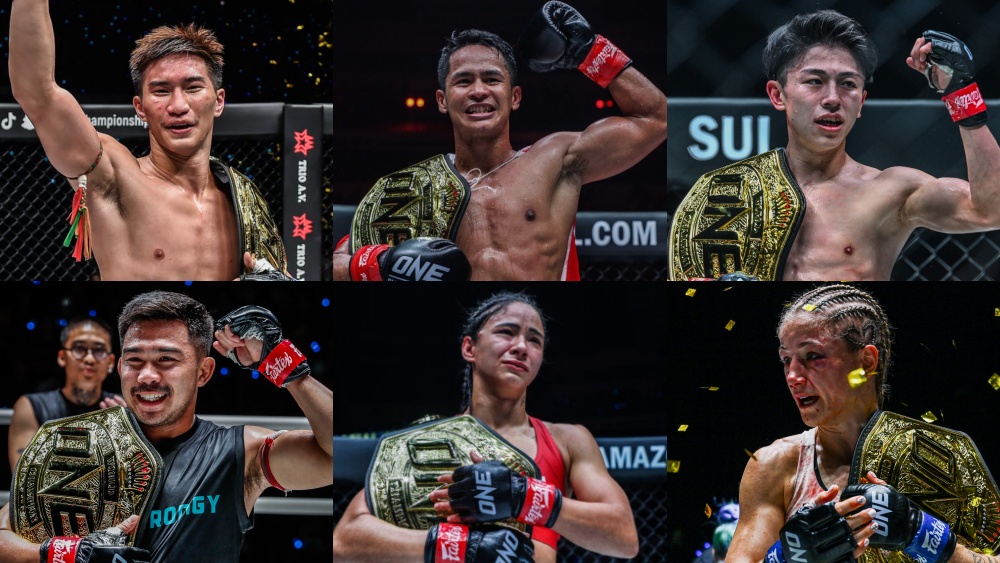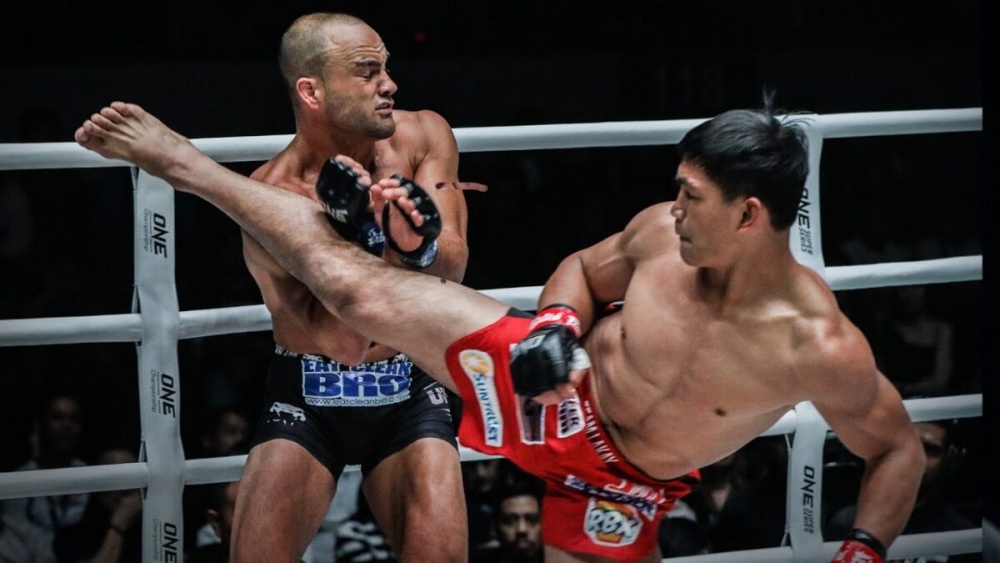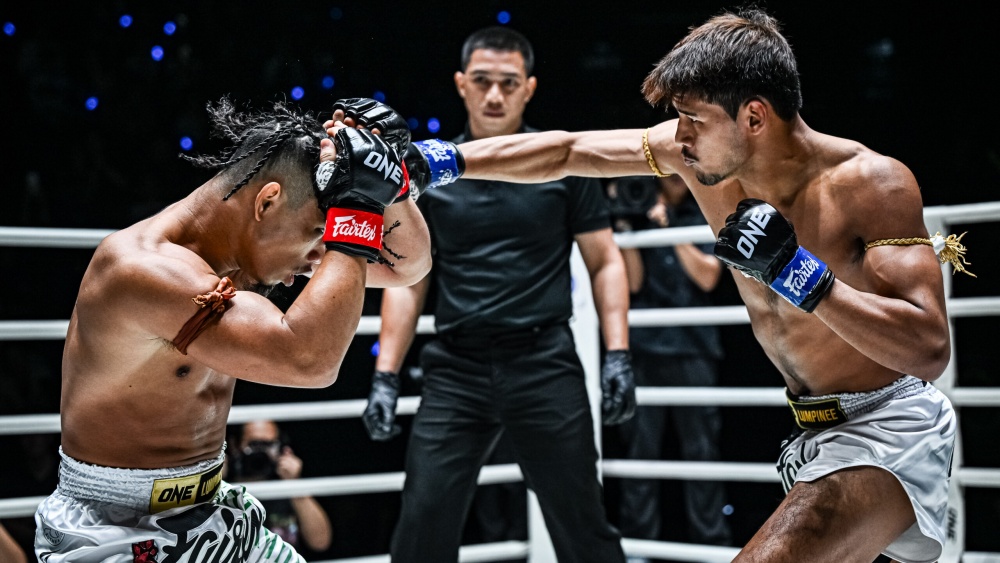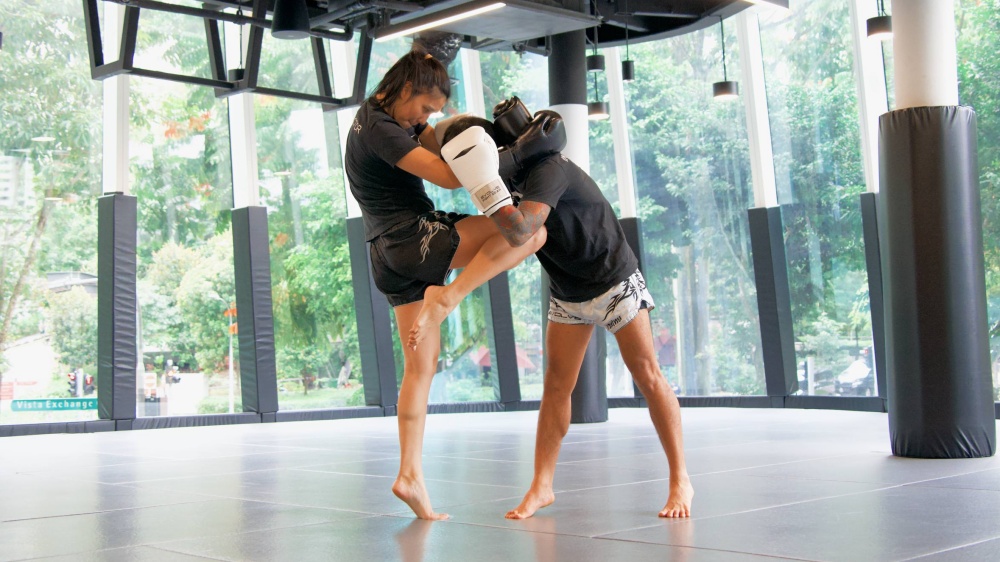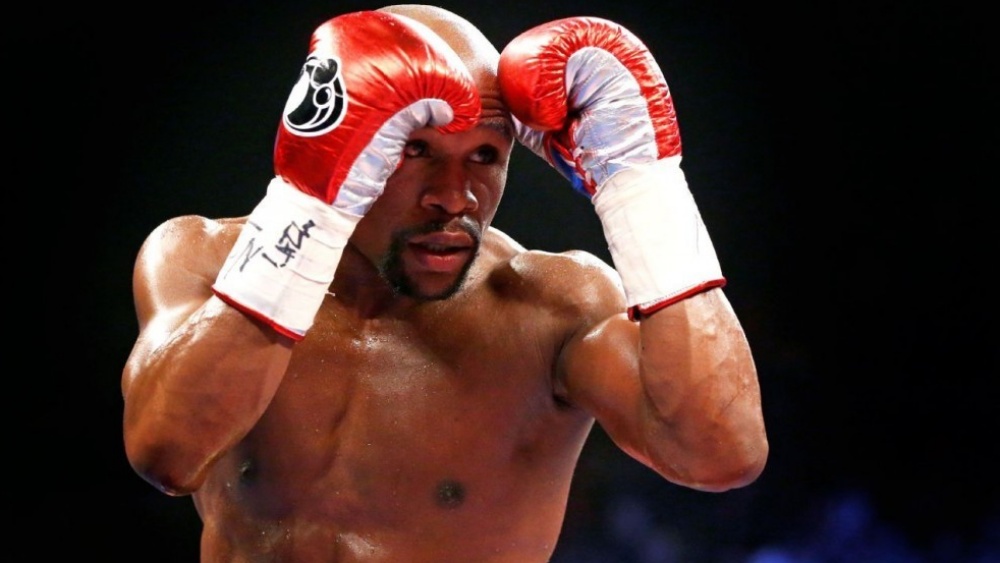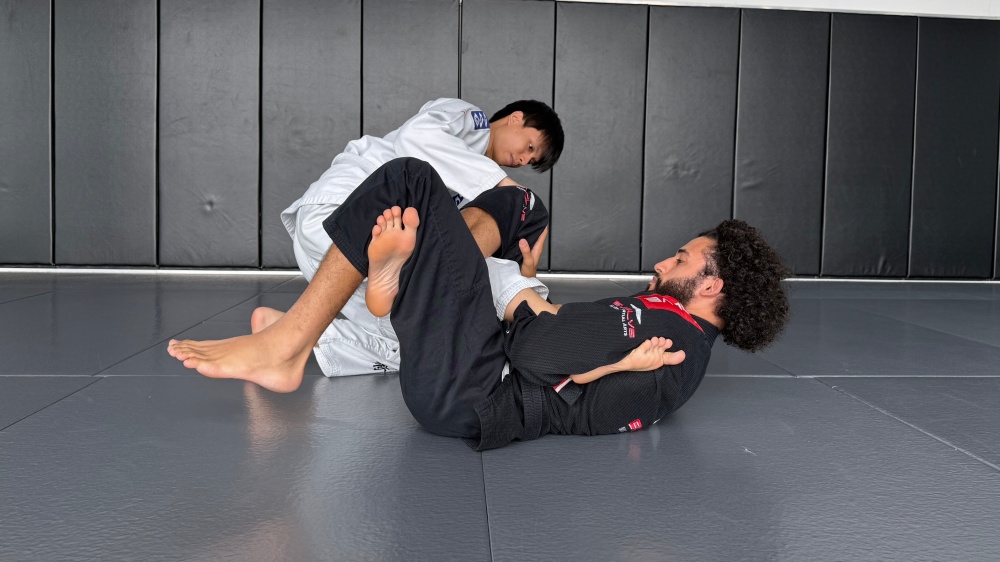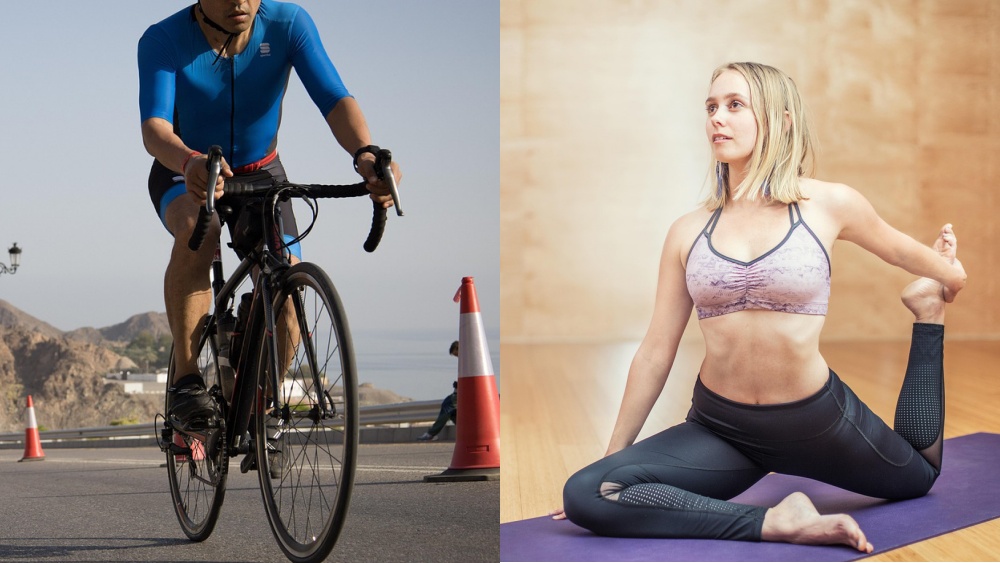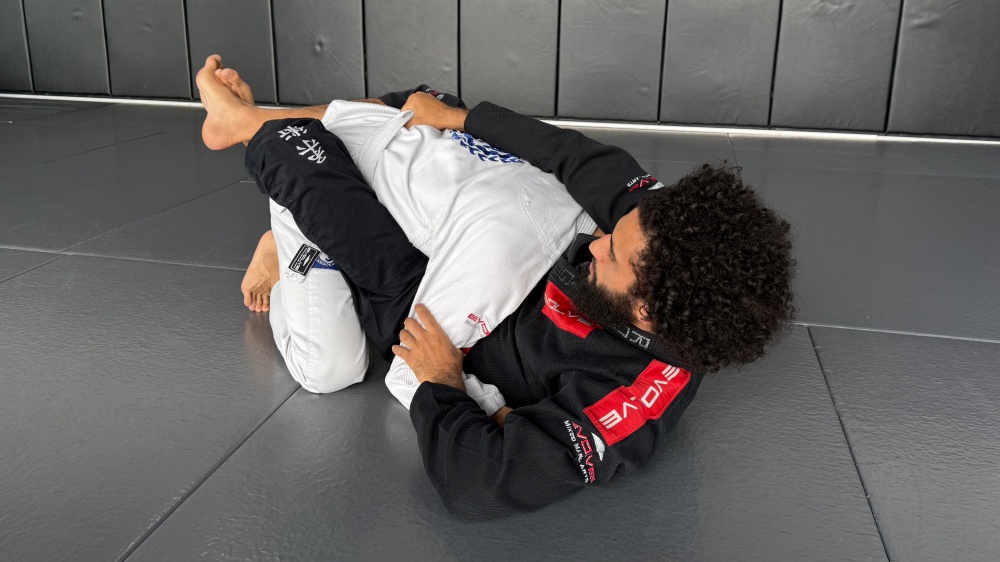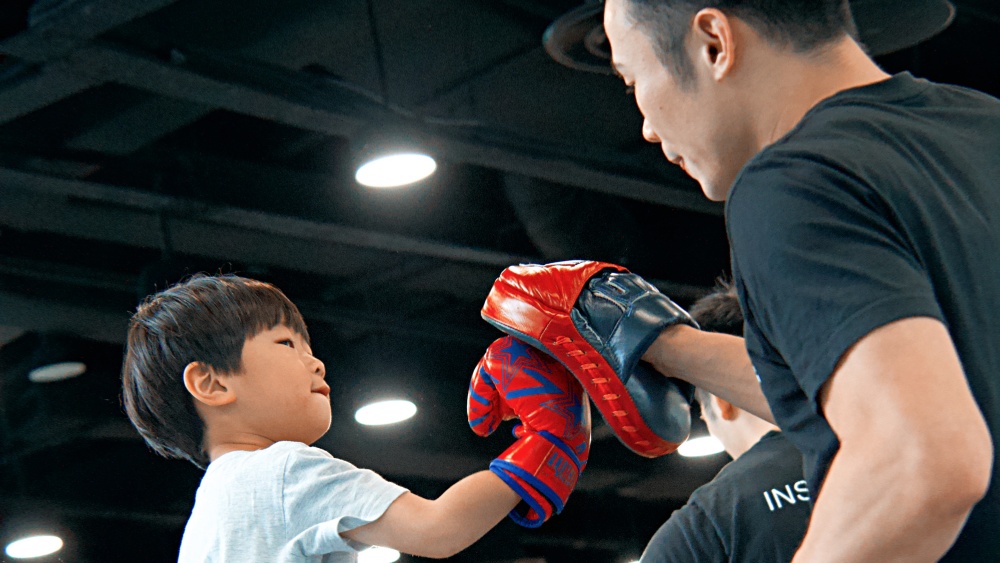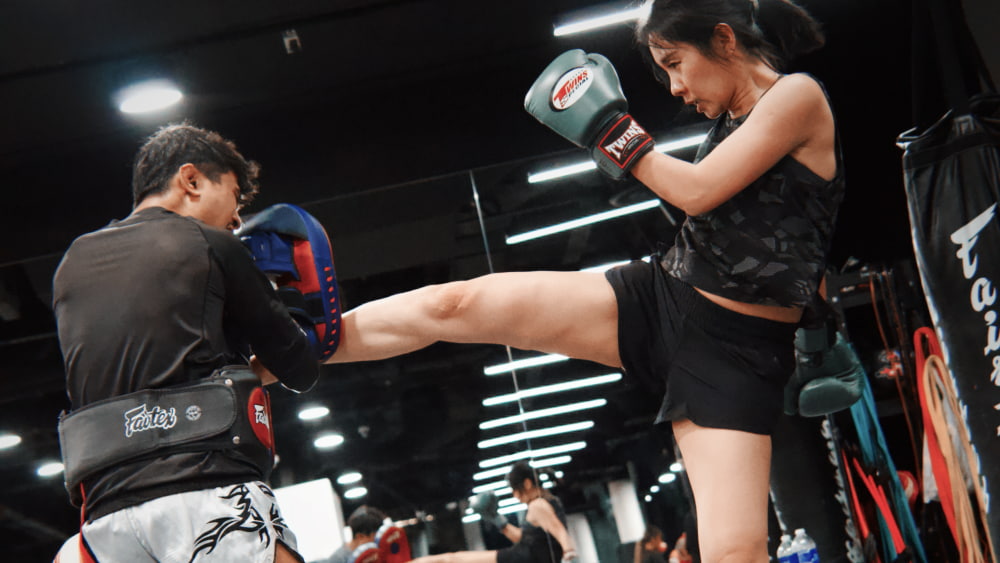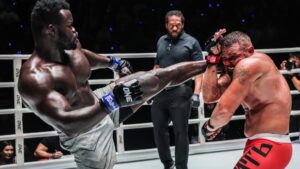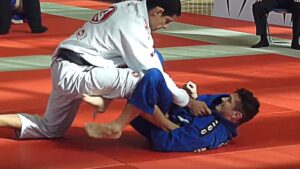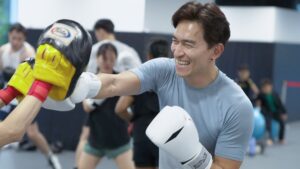If you have read the news lately, you’ll know that Muay Thai is being held as a “demonstrative” sport at the Paris Olympic Games. This is just one example of Thailand’s soft power initiatives in action. The nation has invested a substantial amount of time, money, and energy into Muay Thai in recent years, not for the purpose of entertainment, but to further its political and economic agenda both at home and on the world stage.
Now, you may ask yourself, “What do Muay Thai, and the Olympics have to do with international diplomacy?” You probably aren’t alone in your bewilderment. In this article, we are going to look at the way Thailand has utilized Muay Thai in soft power diplomacy, but first, we’re going to explain what soft power is and examine the diplomatic goals that Thailand aims to achieve with this creative form of international mediation.
What Is Soft Power
Soft power is a form of diplomacy that, rather than being held between diplomats and governments behind closed doors, takes place in the public eye between governments and foreign populations. Rather than “hard power” which coerces a nation to act through military or economic sanctions, soft power involves convincing a population that they share similar goals and values through displays of national culture and identity. This is commonly done through international sporting events but one of the most well-known displays of soft power in recent history is China’s use of “Panda Diplomacy.”
Pandas, which are culturally linked to China, are regarded as a property of the nation and are often loaned to zoos for around USD 1 million per year. When the nation ‘gifts’ Pandas to a nation, it is done as a sign of friendship and is usually done alongside a mass of media exposure highlighting China’s resolve for Panda preservation. Therefore, whenever Pandas are mentioned on the global stage, it is usually done in the same breath as China’s commitment to wildlife preservation, improving the nation’s global image.
Why Is Muay Thai Such An Important Soft Power Tool?
Getting Muay Thai recognized in the official Olympic Program has been one of the main goals of Thailand’s soft power strategies for over a decade, but it would be a hugely superfluous investment of time, and money. In fact, getting Muay Thai into the Olympics is only one facet of Thailand’s soft power strategy which, is, ultimately, to package the sport for international audiences with the result hopefully being an increase in Muay Thai tourism to the sport’s native country.
Through this lens, Muay Thai as a soft power tool makes a lot of sense. The tourism industry is the seventh largest employer in Thailand and in 2022, was responsible for the influx of over 1.2 Trillion baht (USD 13.5 billion) to the Thai economy. Muay Thai tourism is a large part of this, with the nation going as far as to introduce special “Muay Thai” visas for Nak Muays looking to travel to the sport’s motherland for training. It is so central to Thailand’s economic policy that The National Soft Power Strategy Committee of Thailand, was tasked with the goal of improving Muay Thai’s international appeal to, in the words of deputy chairperson, Paetongtarn Shinawatra, “inspire these foreigners, prompting them to invite their friends to visit Thailand, which would, in turn, boost Thai tourism.”
Muay Thai As A Soft Power Export
One of the earliest soft power Muay Thai initiatives instigated by Thailand was its “Muay Thai Roadshow” which began in 2012. This international event was instigated as an international relations strategy in collaboration with several governments and Thai Royal bodies as a means of increasing the overseas recognition and appreciation of Muay Thai. This event, which has reached Europe, Africa, and South America, involves person-to-person diplomacy. That is, Thai instructors and officials host events at international Muay Thai gyms where they teach “authentic Muay Thai,” while also demonstrating other aspects of Thai culture such as cooking, dancing, and Wai Kru demonstrations.
These events gave Thai ministers an informal opportunity to meet foreign officials, brokering stronger international relations but, it can also be assumed the strong positive depiction of Thai culture at these events and the surrounding media exposure is used to advertise Muay Thai tourism. Articles released by the Tourism Authority of Thailand website note that Roadshow events in China have certainly been used to “boost confidence in Thailand as a preferred destination for Chinese Tourists.”
While the Roadshow event was co-opted by the Thai government to propel its aspiration to make Muay Thai an Olympic Sport in recent years, similar strategies are still being employed to teach “authentic” Muay Thai to the international sporting community. Currently, the Thai government has recruited superstars Phetjeeja, Panpayak Jitmuangnon, and Golden Era legend, Namsaknoi for an “Amazing Muay Thai Masterclass”, run in a similar vein to the Roadshow initiative. Later in the year this event will travel to Canada where legendary Muay femur, Saenchai, will deliver seminars alongside Yodsanklai Fairtex and multiple-time female world champion, Duangdawnoi. In May of this year, ONE superstars Superbon and Nong-O also took part in the tour, delivering world-class seminars to packed UK gyms, attesting to the popularity of these traveling events.
While these events are sure to gather short-term interest, Mr. Pimol Srivikorn, Chair of the Soft Power Committee for Sports is investing in a more long-term solution. He has announced a “Kru Muay Thai” program, a training program that aims to train Thai coaches with the express purpose of exporting them to teach authentic Muay Thai abroad. The program also aims to assist pupils in obtaining visas, which currently serves as a major barrier for gyms looking to recruit a Thai trainer overseas. It is assumed that the graduates of this program will serve as a long-term advertisement for Muay Thai training in Thailand for the duration of their international teaching appointments.
A Shift In Policy Toward Olympic Recognition
Between 2012 and 2016, these Muay Thai Roadshow events were held fairly consistently but if they were being used as a platform to further Muay Thai’s Olympic status, it was kept in subtext. Then, following IFMA’s “provisional” recognition, the Roadshow partnered with The Thai Ministry of Sport and IFMA to further push Muay Thai’s Olympic profile, optimistically aiming for full Olympic status by 2017-2021.
Given that the Olympic program is viewed by billions of people around the world, it serves as an incomparable opportunity to indirectly advertise Muay Thai tourism, and following the provisional acceptance, Thailand’s soft power initiative noticeably shifted gears. The 2018 Muay Thai Roadshow event in Chile was, in part, held at the nation’s Olympic Entertainment Centre and featured a meeting between Thai Ministers and The President of Chile’s National Olympic Committee to discuss the ways to bring Muay Thai towards the Olympic games.
Earlier this year it seemed that Thailand’s soft power strategy for Muay Thai had finally achieved its goal when IFMA president, Sakchye Tapsuwan, announced that Muay Thai would be granted the opportunity to participate in the 2024 Paris Games. Unfortunately, this would only be as a ‘demonstrative sport’ and therefore results wouldn’t be included in the official medal tally but considering it would be the first demonstrative sport to be a part of the Olympic program in over three decades, Muay Thai’s Olympic hopes remain high.
Demonstrative sports were excluded from the game’s agenda as a cost-saving measure by the Olympic committee, so having Muay Thai, a sport not even associated with the host nation of France, take part in the official agenda seems to be a strange choice. A reading of press releases surrounding the announcement reveals that not only will IFMA be on display, proving its ability to hold competitions to the Olympic standard, but so too will be cultural displays synonymous with the Muay Thai Roadshow initiative such as the inclusion of Thai music and dance, an explanation of Muay Thai’s history and a Wai Kru exhibition hosted by none other than Buakaw Banchamek himself.
Given that the exhibition has all the hallmarks of a Muay Thai Roadshow event and a 2023 Muay Thai event in Paris, hosted by the Thai Ministry of Sport, including meetings between Thai officials and The Olympic Organising Committee, it wouldn’t be too much of a leap to assume that Thailand instigated the inclusion of this demonstration rather than the IOC itself.
Soft Power And ONE Championship
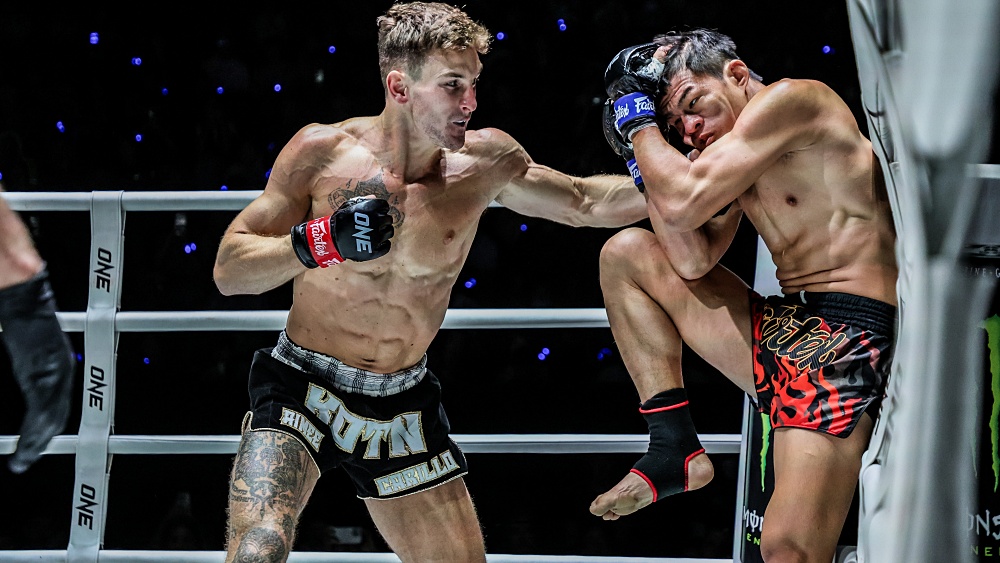
ONE Championship CEO, Chatri Sityodtong, made waves across the Muay Thai world when he announced ONE: Friday Fights, a weekly promotion of ONE ruleset bouts held at the famous Lumpinee Stadium in Bangkok. The Friday event has since become one of the most-watched sporting events in the world. The promotion currently holds the fourth-highest broadcast reach of any sporting franchise in the world with the second-highest viewership ratings.
With such a huge reach and a weekly demand for fighters to perform on the illustrious show, many foreign fighters have traveled to Thailand, staying at length in local Thai Boxing gyms in hopes of getting a call-up to the ONE stage. ONE has had such a positive impact on Thailand’s soft power goals that the nation’s Prime Minister, Strettha Thavasin, and Deputy Chair of the Soft Power Committee, Paetongtarn Shinawatra, attended the 46th installment of Friday Fights with Strettha giving his thanks to ONE and Chatri from center-ring:
“As a Thai, I am very proud that Muay Thai is one of the most-watched premier sports in the world. It has become probably the biggest and best-known [Thai] soft power exports to the world,” he said.
It shouldn’t come as a surprise that ONE has garnered the thanks of the Thai Ministry for its success, statements made by Chatri in interviews seemingly coincide with the rhetoric of their soft power initiatives. One such statement highlights his emphasis on the humanity of ONE’s athletes, whose biographies are universally inspirational to fans across the globe:
“These are stories that families can celebrate with their children, emphasizing integrity, humanity, and compassion. Martial arts values that inspire countries and the world, along with stories about the fighters’ achievements and failures,”
He followed this statement by noting that such stories contribute to promoting ONE and Muay Thai as a truly international discipline, focusing on the art of competition rather than the cultural aspects that alienate the sport for being exclusively Thai. Whether these approaches came as a response to Thailand’s soft power initiatives or preceded them, it cannot be denied that there is acute synchronicity between the rhetoric of the two organizations.
Measuring The Success Of Muay Thai As Soft Power
Having Muay Thai featured as a demonstrative sport in the Olympics this year is no doubt a massive step forward in Thailand’s soft power goals. This achievement is no doubt, in part, due to the role of “The Muay Thai Roadshow’s” diplomatic efforts over the past few years. While it is doubtful that the IFMA event will get much if any, media attention at this event, the Muay Thai world is hopefully optimistic for the sport’s future inclusion in the games, but it is yet to be seen whether or not this will result in any significant increase in Muay Thai tourism to Thailand.
The impact of ONE is far easier to measure in both the impact that the promotion has had on Muay Thai tourism and the psychological impact it has had on the global Muay Thai community. Seeing a local fighter performing on the ONE stage is a huge cause for celebration and the journey, performance, and spectacle of having a fighter performing on the promotion always gathers substantial buzz in gyms and online, inspiring other Nak Muays to pursue the goal of living and fighting in Bangkok. With this, and Prime Minister Strettha’s ONE address in mind, we can only assume that Muay Thai is as successful as a soft power tool as it is as an exhilarating martial art.
You may also like:
25 Basic Kickboxing & Muay Thai Combinations You Should Master First
